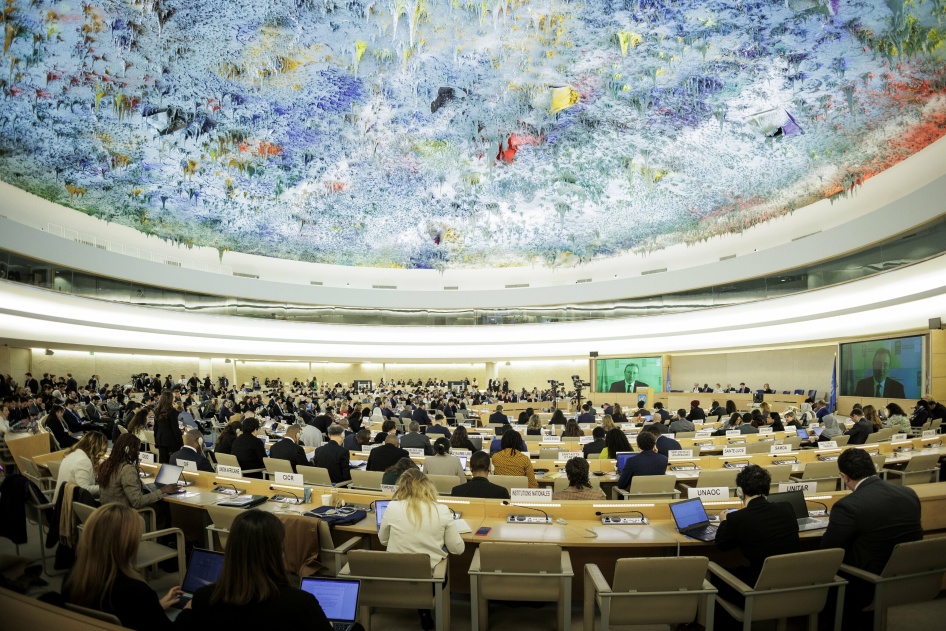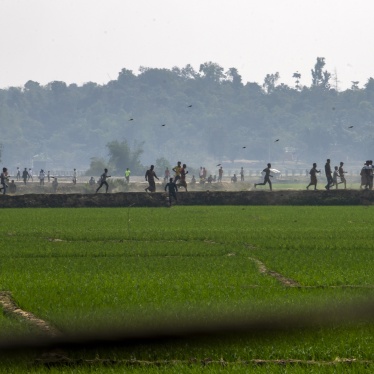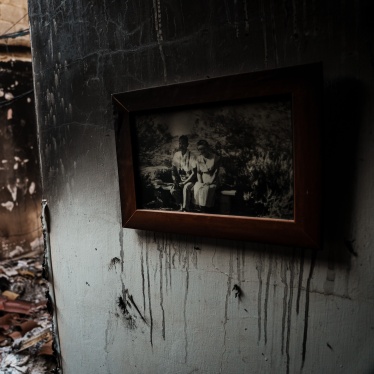Mr. President,
Human Rights Watch thanks the Special Rapporteur for his report and his work on Burundi, despite the government’s lack of cooperation and refusal to give him access to the country.
It’s been almost ten years since the beginning of the crisis in Burundi, and yet grave human rights violations and abuses continue. Burundi, a member of the Human Rights Council, has consistently refused to cooperate with the Council and its mechanisms, while blocking access to international human rights organizations. Scores of human rights defenders and journalists continue to live in exile, for fear of being arrested or prosecuted should they return. Cases like that of Floriane Irangabiye, a journalist who was released in August after two years of unjust imprisonment, underscore these fears. The denial of access to medical care to Dr Christophe Sahabo, who was jailed following a dispute regarding the management of Kira hospital and collapsed during a court hearing, highlights the dangers faced by victims of the government’s repression.
President Ndayishimiye and senior ruling party leaders have used inflammatory rhetoric against those perceived as critics. The president has attacked LGBT people and encouraged people to stone them. Senior officials have deliberately conflated human rights activism and political opposition with terrorism, sometimes with deadly consequences.
Agathon Rwasa, the leader of the main opposition party, the National Congress for Freedom (CNL), was controversially ousted while on a trip outside the country. Many CNL members and supporters have reportedly left the country since, due to safety concerns.
The country’s institutions do not safeguard people’s rights and access to justice. The national human rights commission is not independent, either unwilling or unable to engage on politically sensitive cases. In June, after reviewing its record, the Global Alliance for National Human Rights Institutions recommended that it be downgraded to B status.
In this context, the Special Rapporteur mandate is more important than ever, as it provides important oversight of one of the world’s most neglected human rights crises. We ask the Special Rapporteur what resources he needs to ensure his mandate is carried out as effectively as possible, in light of Burundian government’s obstruction?







